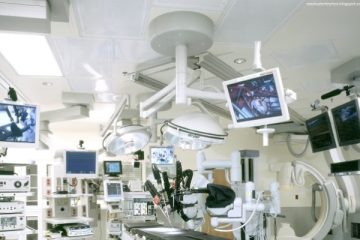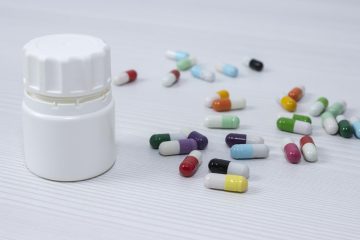While medical treatments and lifestyle changes play essential roles in managing venous conditions, the impact of nutrition on vascular health should not be overlooked. A well-balanced diet rich in nutrients can support optimal circulation, strengthen blood vessels, and reduce the risk of venous disease. Along with venous disease treatment from a medical professional can make all the difference in your day to day life. Below is the connection between nutrition and venous health is discussed, providing valuable insights into foods and dietary habits that promote vascular function and reduce the risk of venous conditions.
The Role of Nutrition in Venous Health
Nutrition plays a vital role in maintaining the integrity of blood vessels and supporting healthy circulation. Certain nutrients, such as vitamins C and E, flavonoids, omega-3 fatty acids, and antioxidants, have been shown to have protective effects on vascular health, reducing inflammation, improving blood flow, and preventing oxidative damage to blood vessel walls.
Foods to Include in Your Diet
Incorporating a variety of nutrient-dense foods into your diet can help support venous health and reduce the risk of venous disease. Focus on incorporating the following foods into your meals: Fruits and vegetables, rich in vitamins, minerals, and antioxidants, support vascular health by reducing inflammation and promoting endothelial function. Opt for colorful options like berries, citrus fruits, leafy greens, and bell peppers. High-fiber whole grains such as oats, quinoa, and brown rice provide essential nutrients and promote heart health by reducing cholesterol levels and supporting blood vessel function. Include lean protein sources such as poultry, fish, tofu, and legumes to support muscle function and maintain vascular integrity. Incorporate sources of healthy fats, such as avocados, nuts, seeds, and olive oil, into your diet to support cardiovascular health and reduce inflammation. Adequate hydration is essential for maintaining healthy blood viscosity and promoting optimal circulation, so aim to drink plenty of water throughout the day. Limit consumption of sugary beverages and alcohol, which can dehydrate the body and impair vascular function.
For a deeper understanding of essential fatty acids, you might want to explore the differences between fish oil vs omega 3.
Dietary Habits to Adopt
In addition to incorporating nutrient-rich foods into your diet, adopting healthy dietary habits can further support venous health. Aim for a balanced diet that emphasizes whole foods, limits processed foods and added sugars, and includes a variety of nutrients to support overall vascular function. Practice portion control to avoid overeating and maintain a healthy weight, which is crucial for reducing the risk of venous conditions such as varicose veins and venous insufficiency. Excess sodium can contribute to fluid retention and high blood pressure, placing strain on the cardiovascular system. Therefore, it’s essential to limit your intake of high-sodium foods and opt for fresh, minimally processed options whenever possible. Additionally, while staying hydrated is important, excessive fluid intake can exacerbate swelling and fluid retention in individuals with venous conditions. Monitor your fluid intake and consult with a healthcare professional if you have concerns about fluid balance.
Incorporating nutrient-rich foods and healthy dietary habits into your lifestyle can play a significant role in supporting venous health and reducing the risk of venous disease. By focusing on whole foods, lean protein sources, healthy fats, and hydration, you can provide your body with the essential nutrients it needs to maintain vascular integrity, support circulation, and promote overall well-being. Remember to consult with a healthcare professional or registered dietitian for personalized nutrition advice tailored to your individual needs and health goals. With a balanced diet and mindful eating habits, you can nourish your veins and support optimal venous health for years to come.




